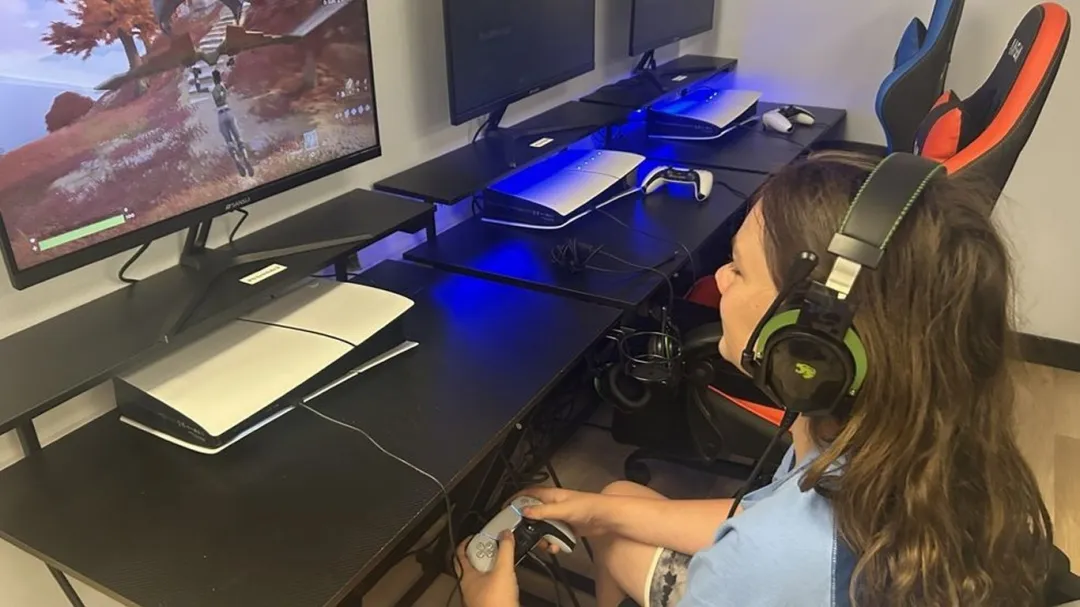The Hidden Toll of Loving Video Games

In Silicon Valley, California, a significant number of avid gamers have voiced concerns over the paradoxical exhaustion that accompanies their deep engagement with video games. While the pursuit offers immersive entertainment and social connectivity, players report an overwhelming sense of fatigue that often diminishes the joy they initially sought.
Experts in digital media and psychology attribute this growing phenomenon to the intense emotional investment and heightened expectations embedded in modern games. Dr. Helen Carr, a researcher at the Digital Entertainment Institute, explains that the continuous demand for skill mastery and competitive performance creates a cognitive burden that mirrors occupational stress.
Moreover, the rapid evolution of gaming technologies and frequent updates amplify pressure on gamers to remain constantly engaged and up-to-date. This relentless pace contributes to mental exhaustion, disrupting the balance between recreation and relaxation.
Industry analyst Mark Reynolds highlights that while video games remain a major cultural and economic force, there is a pressing need to foster healthier gaming habits and promote awareness around mental health. “The joy of gaming need not be overshadowed by burnout,” Reynolds concludes, pointing toward emerging initiatives that encourage sustainable play.
As video games continue shaping entertainment landscapes globally, understanding and addressing this fatigue becomes paramount. The challenge lies in preserving the thrill while mitigating the invisible toll it takes on dedicated players.







